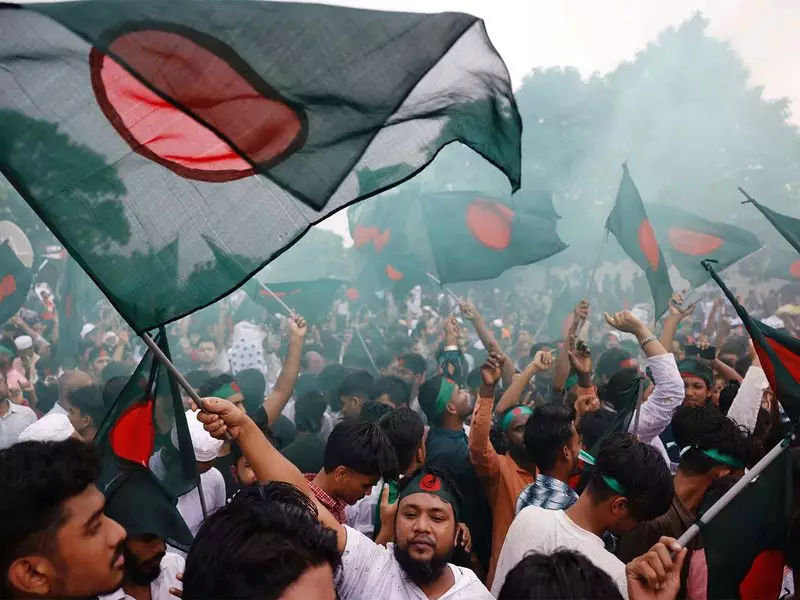
Bangladesh's interim administration has sparked controversy by yielding to pressure from hardline Islamist groups regarding the participation of women in religious events. The government's decision to remove a female moderator from a state-organized Quran recitation competition has raised serious questions about the influence of religious extremism on state affairs.
The Controversial Decision
The Bangladesh government abruptly replaced female moderator Syeda Maksuda Jahan Sithi from the 37th International Holy Quran Recitation Competition just one day before the event's commencement. This sudden change came after Islamist groups, particularly Hefazat-e-Islam, launched strong objections to a woman serving as moderator for the religious program.
The competition, organized by the religious affairs ministry, was scheduled to run from February 15 to February 18 at the capital's International Convention City. The government's swift capitulation to Islamist demands occurred despite having initially appointed Sithi, a respected figure in religious programming.
Islamist Groups Mount Pressure
Hefazat-e-Islam Bangladesh emerged as the primary force behind the protest against female participation in moderating the Quranic event. The group, known for its conservative interpretation of Islam, argued that women should not hold such visible roles in religious ceremonies.
This incident represents the latest in a series of confrontations between moderate forces and hardline Islamist groups in Bangladesh. The speed with which the government acquiesced to these demands has alarmed women's rights activists and progressive elements within Bangladeshi society.
Broader Implications and Reactions
The government's decision has far-reaching consequences for gender equality and religious freedom in Bangladesh. This capitulation sets a dangerous precedent where extremist groups can influence state-organized events through pressure tactics.
Women's rights organizations have expressed deep concern about the message this sends regarding female participation in public and religious life. The incident has sparked debates about the balance between religious traditions and progressive values in the country's governance.
This development occurs against the backdrop of Bangladesh's ongoing struggle between secular and Islamist political forces. The caretaker government's responsiveness to Islamist demands suggests shifting political alignments that could impact Bangladesh's traditionally moderate Islamic practices.
Observers note that such concessions to hardline groups may embolden further demands for restrictions on women's participation in public life. The incident has raised questions about the government's commitment to protecting women's rights amid pressure from conservative religious elements.






